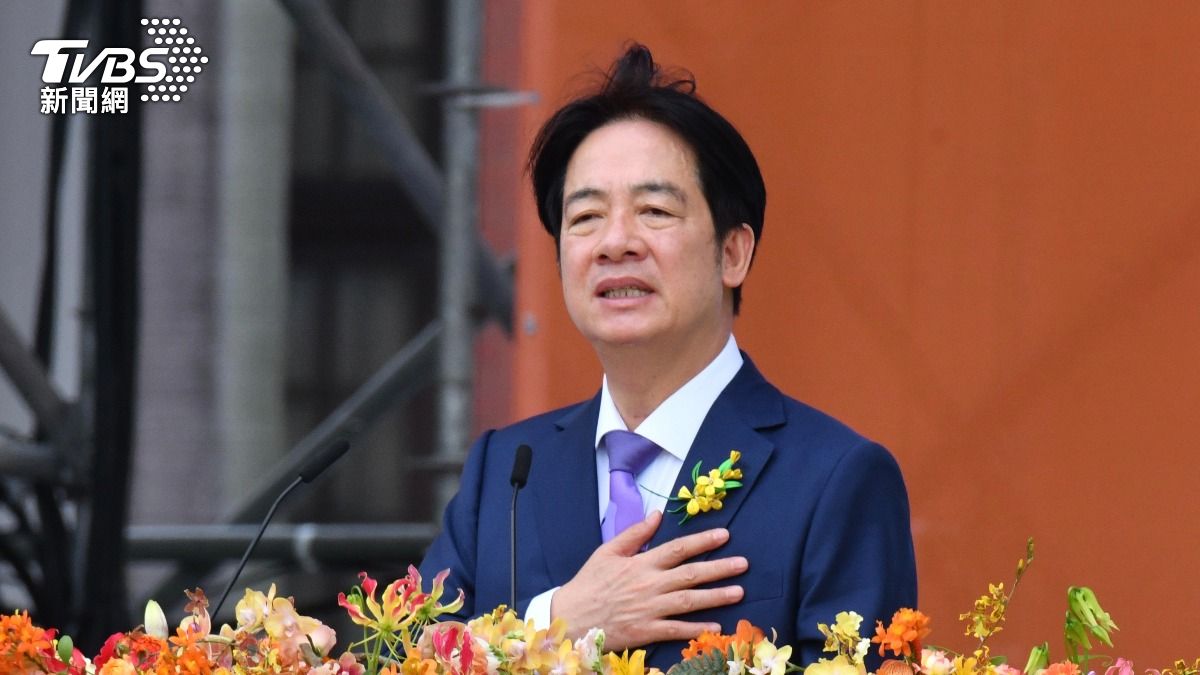TAIPEI (TVBS News) — In a significant analysis on (May 21), former U.S. National Security Council official Rush Doshi and Council on Foreign Relations (CFR) researcher David Sacks highlighted that Taiwan's President Lai Ching-te's cross-strait policy remains aligned with the "four committments" framework established by his predecessor, Tsai Ing-wen.
This comes after Lai's inaugural address emphasized the mutual non-subordination between Taiwan and China, marking a first in the island's presidential speeches.
Lai's call for dialogue with Beijing and his openness to resuming cross-strait tourism and student exchanges have been met with severe criticism from Beijing, reflecting deep concerns and disappointment with his stance.
Despite not delving deeply into several cross-strait policy issues or explicitly stating that cross-strait affairs would be conducted according to the Republic of China (ROC) Constitution, Lai's speech did not mention the "1992 Consensus," suggesting a lack of interest in seeking an alternative solution.
His criticism of China's military actions and "grey zone" coercion, coupled with a call for China to cease its intimidation tactics, underscores the ongoing tension.
Scholars believe Beijing may seek opportunities to manipulate Taiwan's political landscape to advance its objectives, indicating that cross-strait issues will remain a contentious point.
Lai's reference to the country as "the Republic of China, the Republic of China (Taiwan), or Taiwan" reflects his nuanced approach to the naming issue, a stance that continues to provoke Beijing's ire. As Taiwan navigates these complex cross-strait dynamics, the international community watches closely, anticipating Beijing's next moves in this delicate geopolitical dance.











